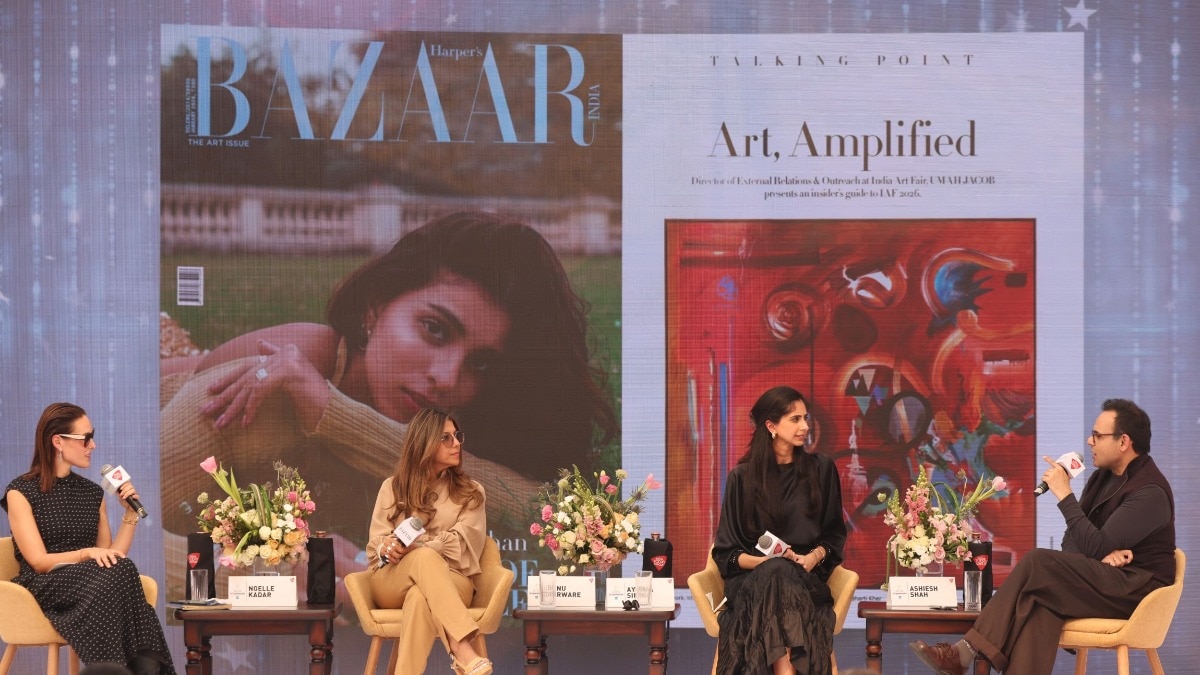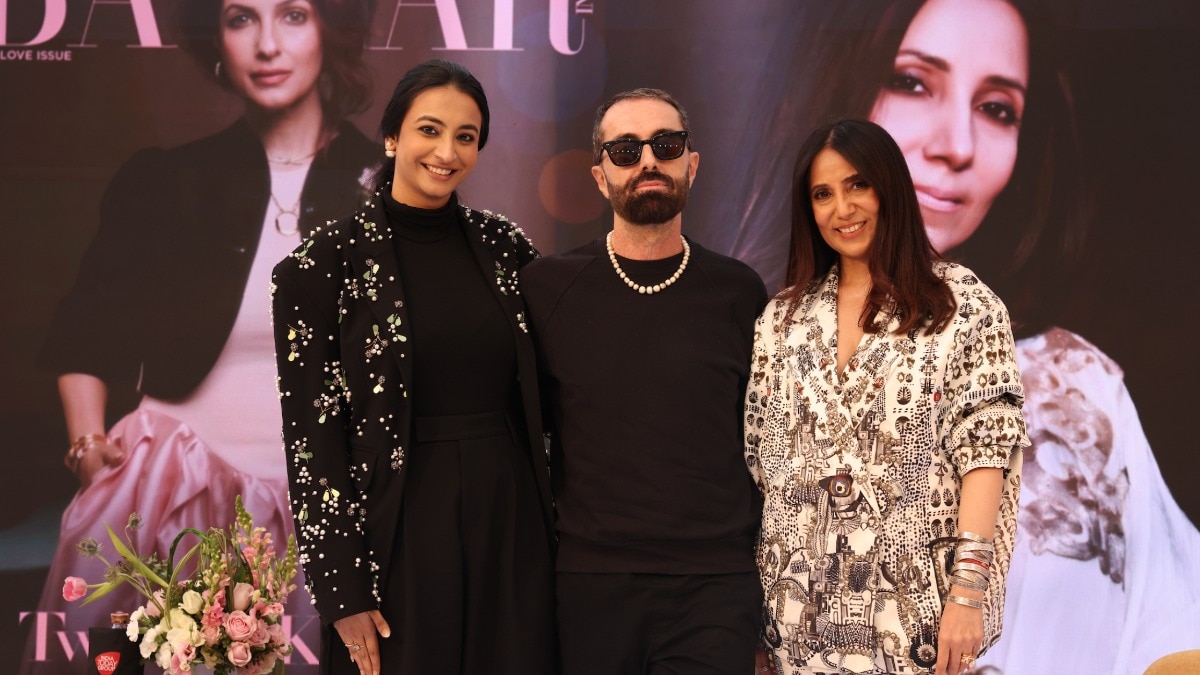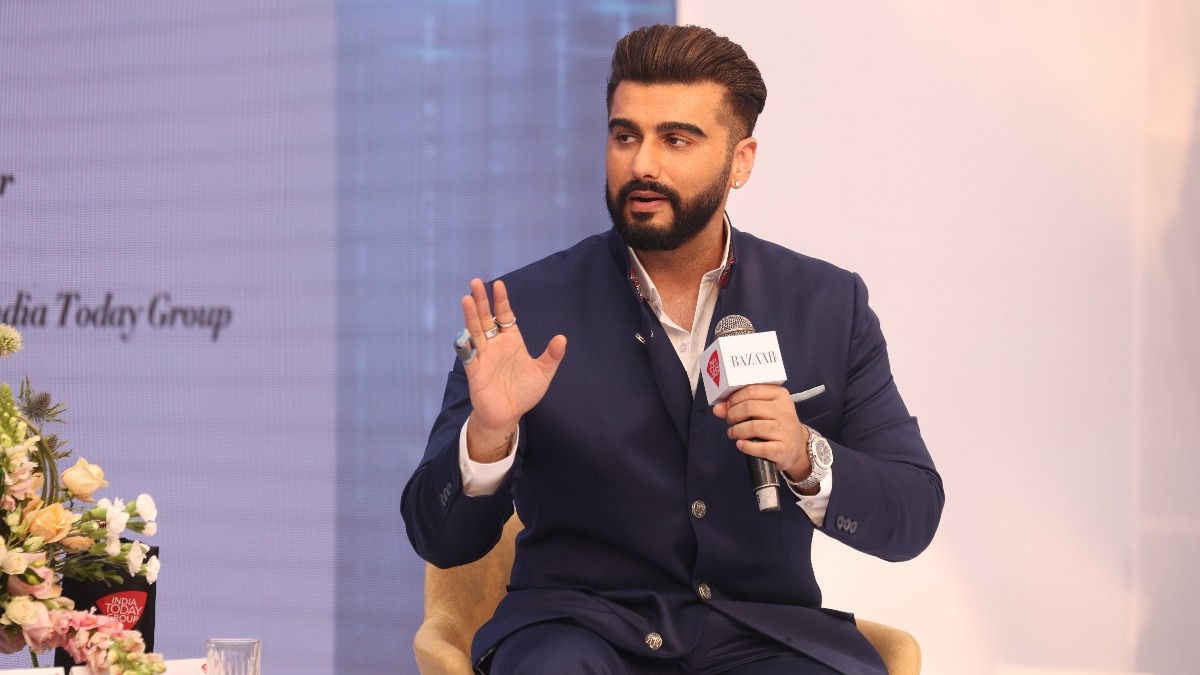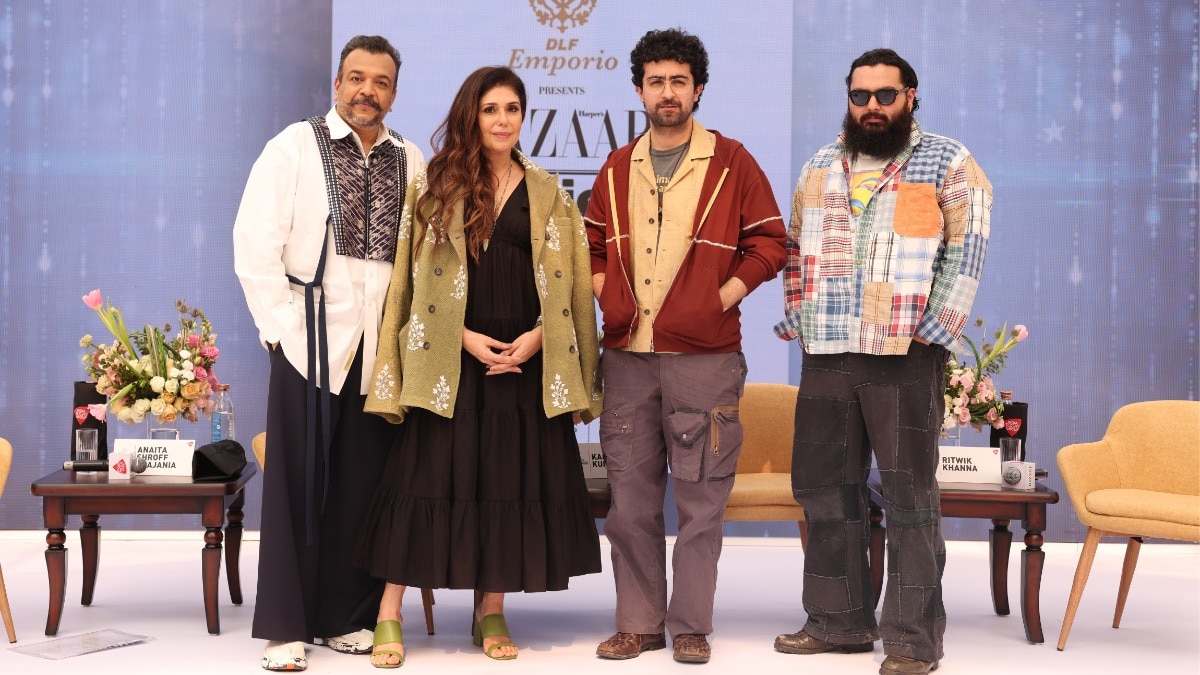
Remembering Shyam Benegal, the auteur who brought humanity to Indian cinema
Bazaar India shines the spotlight on a pioneer of Indian parallel cinema, who transformed filmmaking with compelling narratives that celebrated realism and highlighted the strength and agency of women.


Shyam Benegal, one of the most celebrated filmmakers in Indian cinema, passed away on December 23, leaving behind a legacy that reshaped storytelling on the silver screen. A true pioneer of Indian parallel cinema, Benegal didn’t just question and challenge conventional norms in his films but was one of the first filmmakers to give women a sense of agency that was rarely seen in the films of his time. Each project he worked on became a compelling mirror reflecting societal truths, with women taking centre stage.
Bazaar India pays tribute to a trailblazer of Indian parallel cinema, whose storytelling broke new ground with its realism and its empowering portrayal of women's strength and agency.
A man who championed women’s agency in cinema
The women in Benegal's films were always complex and autonomous individuals, a stark departure from the one-dimensional, submissive, and ornamental roles often assigned to female characters in mainstream cinema of the time. The 1974 film Ankur, for instance, was a bold confrontation of deep-rooted, systemic issues of caste, class, and gender inequalities, which compelled audiences to connect deeply with the character of Lakshmi (played by Shabana Azmi), seeing her courageous struggle against societal oppression and her quest for dignity.
In Bhumika (1977), Benegal explored the complex life of a film actress, portrayed by Smita Patil, who faced personal and professional challenges while asserting her independence—one of many films in his distinguished career showcasing his ability to move beyond the male perspective and offering nuanced, respectful portrayals of women's experiences.
Stories of struggle and strength in the ‘Muslim Women' trilogy
Benegal’s commitment to representing women with dignity and depth extended to his acclaimed Muslim Women trilogy—Mammo (1994), Sardari Begum (1996), and Zubeidaa (2001). Mammo was the touching story of an elderly woman (Farida Jalal) who faces displacement and the loss of identity following the Partition. Benegal was able to perfectly capture her emotional and psychological turmoil along with the several others who were uprooted from their homes and left to navigate a fragmented and unpredictable world.
Two years later, he made Sardari Begum, the story of a talented courtesan-singer (Kiron Kher) who faces societal prejudice and the restrictions of tradition. The film portrays her as a gifted woman striving for acceptance and respect in a world that often rejects her. It explores her resilience and determination to break free from the oppressive norms that try to define her.
The 2001 film Zubeidaa tells the tragic story of a woman (Karisma Kapoor) trapped by the rigid constraints of tradition and patriarchy, desperately seeking freedom and love in a world that seeks to control her choices.
Each piece in the trilogy witnessed Benegal’s brand of filmmaking shed light on the emotional struggles and sacrifices made by women, offering a compassionate exploration of their lives burdened by the weight of expectations from those around them.
A first with Manthan
Benegal’s third film, Manthan (1976) holds a very special place in Indian cinema, being the country’s very first crowd-funded film. Backed by contributions from over 500,000 farmers, the film was a powerful narrative set against the backdrop of India’s White Revolution—a major national effort aimed at increasing milk production and ensuring food security, transforming the country into one of the world’s leading producers of dairy—and explored the themes of collective strength, rural empowerment and agricultural progress. With Manthan, Benegal once again demonstrated his ability to connect with audiences from all walks of life.
His films, a launchpad of extraordinary talent
A director who provides a platform for emerging talent has the unique ability to shape not only the careers of actors but also the future of cinema itself. This is exactly what Shyam Benegal managed to achieve, introducing to the world three brilliant actors—Shabana Azmi, Smita Patil, and Naseeruddin Shah—who all went on to become legends in their own right.
Shabana Azmi's collaboration with Benegal in films like Ankur (1974), Nishant (1975), Junoon (1979), and Mandi (1983) allowed her to portray deeply complex characters. Patil, often hailed as one of the most remarkable actresses of Indian cinema, became an icon largely due to her collaboration with Shyam Benegal. Her work in films like Nishant (1975) and Manthan (1976) demonstrated her ability to portray strong, independent, and nuanced characters. Shah, widely regarded as one of the finest actors in Indian cinema, owes much of his early success to Benegal’s mentorship. His breakthrough performance in Nishant (1975) cemented his reputation as a versatile actor capable of delivering performances that were both restrained and profoundly impactful. Shah’s nuanced portrayal of layered, introspective characters under Benegal’s direction in films such as Mandi and Junoon helped him establish a career marked by a blend of intellect and emotional intensity.

As we bid farewell to Shyam Benegal, his body of work stands as a testament to his unparalleled vision and dedication to meaningful storytelling. Gone, but not forgotten, Shyam Benegal’s legacy will forever be etched in the annals of Indian cinema.
All images: India Today image bank
Also read: Shabana Azmi on working with a suspension of disbelief to improve her acting chops
Also read: Richa Chadha, Guneet Monga, and Kiran Rao on the stories of women, by women










